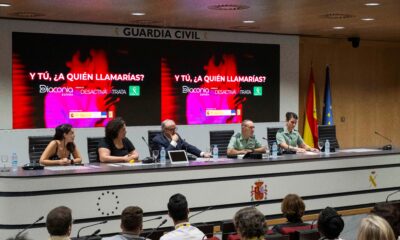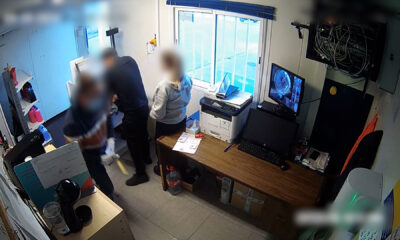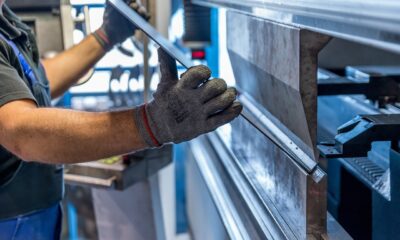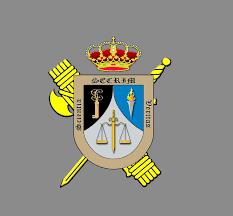

News
Competition set to reward school entrepreneurs
The National Mini-Business Competition brings together the best youth business projects, designed by Secondary, Baccalaureate and Vocational Training students from all over Spain, and is set to reward those students with the best business ideas.
The national final will be held in Madrid on May 22 and 23, after the last two autonomous communities to choose their finalists for this competition were Andalusia and Catalonia. Among the different participants, the teams will be chosen to represent Spain in the European Gen-E competition, which will be held from July 2 to 5 in Catania (Italy).
As a backdrop to this competition, the Junior Achievement Foundation maintains the Mini-Business Programme, whose objective is to promote the entrepreneurial skills of young people, such as creativity, effort or teamwork. Thanks to the mentoring of professional volunteers from different companies, and the support of teachers, young people acquire the skills that have allowed them to design their own entrepreneurial projects.
In the Andalusian case, more than thirty teams from 27 educational centres have participated in the V edition of the Andalusian Innovation and Entrepreneurship Fair, organised by the foundation together with the German School of Seville, the Department of University, Research and Innovation of the Junta de Andalucía, the Seville City Council and the CEU Fernando III University, venue of the meeting.
The ECA project, from the Highlands School in Seville, is a card game aimed at children and adolescents, to help them identify emotions. The jury has awarded it its prize for its social impact on young people, and for providing tools that help social inclusion and the management of emotions in a fun, innovative and visual way. They have also valued its good presentation and ability to capture the public’s attention.
The Send by Bus project, from the Sagrada Familia school in Écija, proposes converting each urban bus stop in the cities into a package collection point. The jury highlighted this project for implementing an ecological, sustainable solution focused on reducing the carbon footprint in the face of a problem presented by the growth of ecommerce. At the same time, they have also assessed the team’s ability to implement and develop the application in operation.
For their part, nearly 10,000 Compulsory Secondary Education (ESO) and Baccalaureate students, belonging to some 200 educational centres, have been trained in Catalonia in the Mini-Business Program during the 2023-2024 academic year. 19 teams have reached the final session, in which four projects have been selected to arrive in Madrid:
Waterscreen, from IES Torre Roja (Viladecans), a technology that integrates a screen equipped with sensors that accurately calculate the flow and quantity of water and analyse the impact. With their technology they aim to educate about the importance of responsibly managing water resources.
De Sastre, from Colegio Claret (Barcelona) is a mini-business project that reinvents sustainable fashion, transforming used clothing into unique designs.
To select the finalist projects, their social impact, their real prototyping and their ability to adapt to the needs of users have been taken into account. As Lucía de Zavala, CEO of Junior Achievement, noted, “each of the participants in the competition has unlimited potential to achieve great things and make a significant difference in the world around them; Let us not underestimate the power of passion, creativity and determination.”
The Junior Achievement Foundation is one of the world’s largest international nonprofit organisations for entrepreneurship education, financial education and career counselling. It develops programs in more than 120 countries and 30 languages, benefiting more than 10 and a half million young people each year. It has been working in Spain since 2001 to enhance the talent of young people and provide them with the necessary skills to achieve a successful transition to employability.
It currently carries out its programs in public, charter and private educational centres, thanks to the collaboration of numerous companies and institutions. During the 2022-2023 school year Junior Achievement Spain taught a total of 4,396 programs, benefiting 58,340 students from educational centres in all autonomous communities thanks to the collaboration of 1,973 volunteers.
-

 News2 weeks ago
News2 weeks agoOlive oil to join zero rate IVA from July
-

 Court News2 weeks ago
Court News2 weeks agoFour years in prison for hitting woman who didn´t want to have sex without a condom
-

 Health2 weeks ago
Health2 weeks agoImprove Your Quality of Life: Discover How Robotic Surgery for Prostate Cancer Works and Its Benefits
-
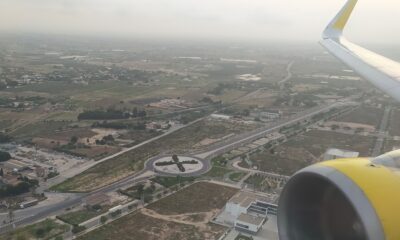
 News2 weeks ago
News2 weeks agoThe number of international air passengers grows by 13% and reaches 10 million in May


